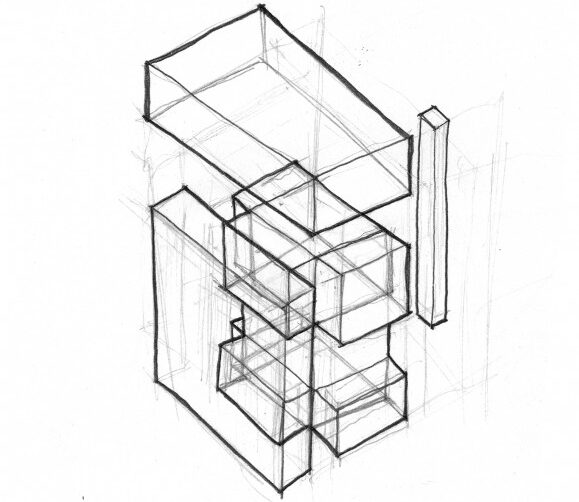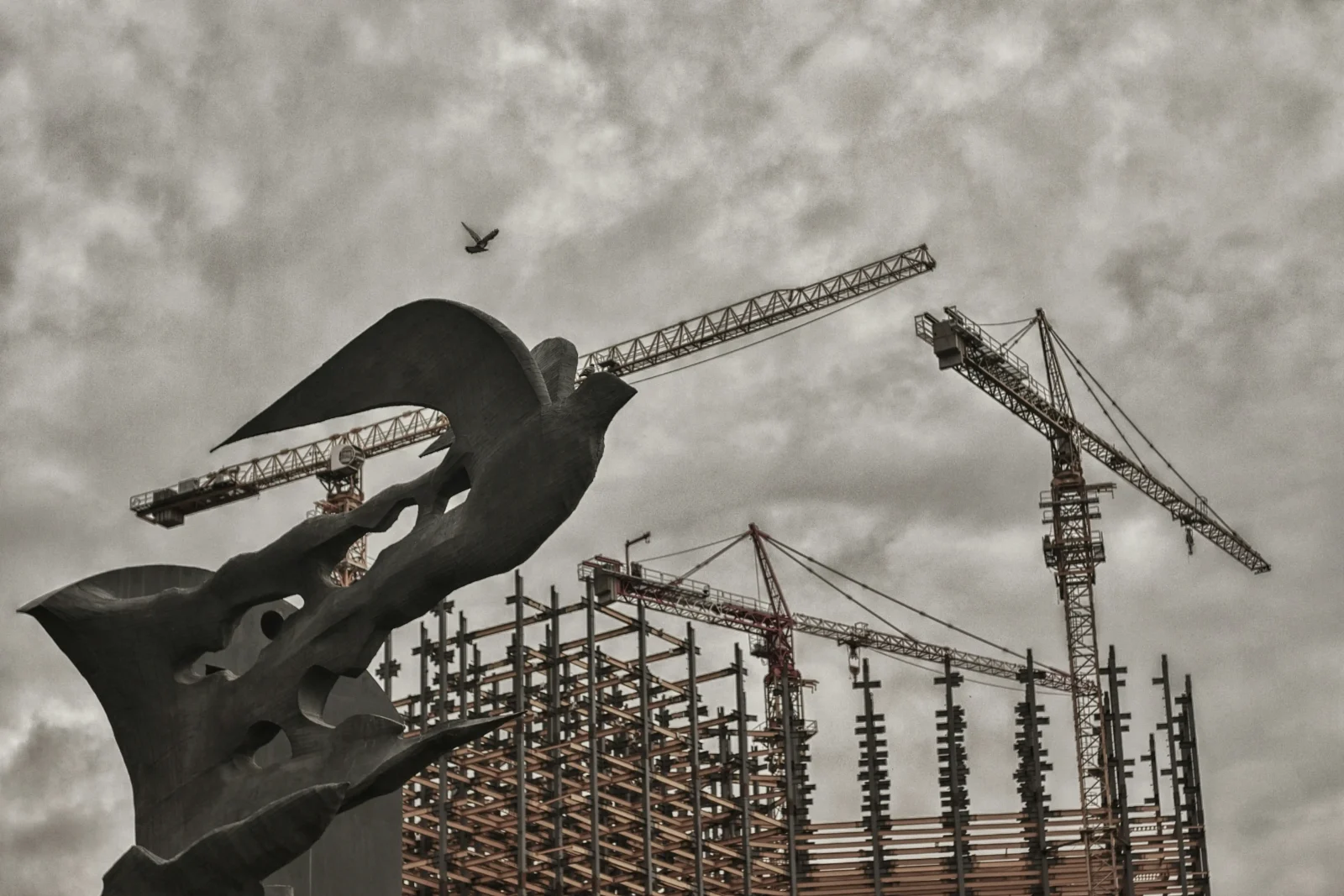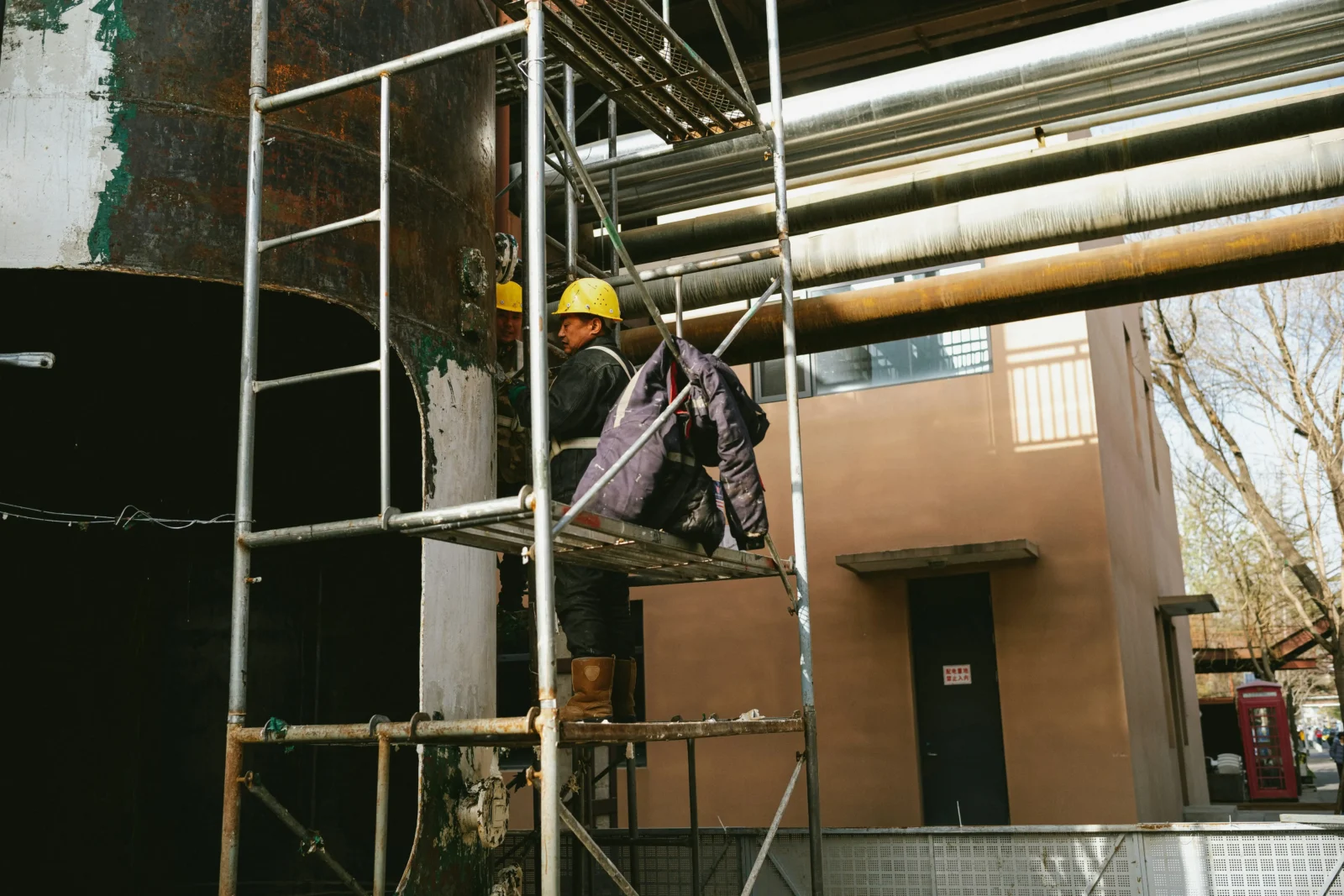- Home
- Articles
- Architectural Portfolio
- Architectral Presentation
- Inspirational Stories
- Architecture News
- Visualization
- BIM Industry
- Facade Design
- Parametric Design
- Career
- Landscape Architecture
- Construction
- Artificial Intelligence
- Sketching
- Design Softwares
- Diagrams
- Writing
- Architectural Tips
- Sustainability
- Courses
- Concept
- Technology
- History & Heritage
- Future of Architecture
- Guides & How-To
- Art & Culture
- Projects
- Interior Design
- Competitions
- Jobs
- Store
- Tools
- More
- Home
- Articles
- Architectural Portfolio
- Architectral Presentation
- Inspirational Stories
- Architecture News
- Visualization
- BIM Industry
- Facade Design
- Parametric Design
- Career
- Landscape Architecture
- Construction
- Artificial Intelligence
- Sketching
- Design Softwares
- Diagrams
- Writing
- Architectural Tips
- Sustainability
- Courses
- Concept
- Technology
- History & Heritage
- Future of Architecture
- Guides & How-To
- Art & Culture
- Projects
- Interior Design
- Competitions
- Jobs
- Store
- Tools
- More
Effective Construction Budget Management for Architects: Essential Strategies and Tips

Table of Contents Show
Managing construction budgets is a critical skill for architects, shaping the financial success of any project. Cost consultants play a pivotal role in this process, working closely with architects, clients, and stakeholders. They’re not just number crunchers; they’re strategic partners who help guide decisions, mitigate financial risks, and ensure transparency throughout the project lifecycle.
From initial cost estimations to final account settlements, cost consultants ensure financial control and precision. Their involvement makes projects more predictable and financially viable, highlighting the importance of effective budget management. Recent examples, like the Oregon Capitol renovation and the East Lycoming School project, underscore the challenges and complexities in managing construction costs, emphasizing the need for skilled cost consultants to navigate these financial waters.
Let’s explore how architects can leverage cost consultants to enhance financial outcomes and deliver successful projects.

Importance of Budget Management in Construction
The Role of Architects in Budget Management
Architects must understand that budget management is integral to project success. From initial design stages through to project completion, architects juggle creative vision with financial constraints. They translate client requirements into feasible designs that align with project budgets. Additionally, architects provide cost-effective solutions and modifications to ensure resources are used efficiently. When architects engage in regular budget reviews, they foster transparency and trust with clients. A proactive approach to budget management helps architects address potential financial issues promptly, preventing costly overruns.
How Budgeting Influences Project Success
Accurate budgeting is essential for keeping projects on schedule and within financial limits. A well-planned budget highlights potential risks and provides a roadmap for resource allocation. Effective budget management aids in decision-making by offering a clear picture of financial standing at various project stages. It facilitates communication among stakeholders, ensuring everyone is aligned on cost expectations. Furthermore, precise budgets support cash flow management, helping firms allocate funds to concurrent projects seamlessly. In summary, diligent budgeting ensures projects are completed on time, within scope, and to the satisfaction of all parties involved.
The combination of architects’ roles in budget management and the influence of budgeting on project success underscores the necessity of meticulous financial planning in the construction industry.
Key Components of a Construction Budget
Direct vs. Indirect Costs
Every construction budget comprises direct and indirect costs. Direct costs address specific expenses tied to a project. They include worker wages, subcontractor fees, and materials like lumber for framing. These costs impact the profit margins of individual projects significantly.
Indirect costs, by contrast, pertain to expenses not tied directly to one project. Examples include company-wide insurance, utilities, and general administrative expenses. Managing these costs is crucial for maintaining overall financial health.
The Significance of Contingency Funds
Including contingency funds in a construction budget prepares for unforeseen circumstances. These funds cover emergencies like unexpected site conditions or material price hikes. For instance, the Oregon Capitol renovation project required additional funds due to inflation and project scope changes.
Proper allocation of contingency funds can prevent delays and budget overruns. This financial cushion ensures a project can move forward smoothly, even when unexpected expenses arise. Proactive planning using contingency funds enhances project stability and financial control.

Steps to Create an Effective Construction Budget
Initial Budget Planning
We start the budget planning process by gathering comprehensive project details. This includes the project size, type, and intended use. Early in the planning phase, involve key stakeholders such as clients, contractors, and consultants. Use preliminary information to estimate costs and create a robust initial budget. We should allocate funds for direct costs like materials and labor, along with indirect costs such as administration and permits. Don’t overlook contingency funds for unforeseen expenses, which can stabilize project finances. A solid initial budget is the foundation for effective financial management throughout the project.
Monitoring and Adjustments During the Project
Continuous monitoring is vital for maintaining budget control. Regularly review the budget against the project’s progress and update it to reflect real-time changes. Monitor finances and track expenditures closely. Use project management tools to oversee the budget’s adherence to the planned allocations. If unexpected costs arise, make prompt adjustments to avoid project delays and overruns. Implement risk mitigation strategies as part of ongoing budget reviews. This ensures that any issues are addressed early, keeping the project financially on track.
Utilizing Digital Tools for Budget Management
Digital tools enhance budget management efficiency and accuracy. Utilize construction management software to consolidate financial data in one place. These tools offer dashboard views for tracking costs and project finances in real-time. Customize them to meet specific project needs, ensuring that all relevant financial information is easily accessible. Digital tools also support automated reports and alerts, helping us stay informed about the budget status and any deviations. By leveraging technology, we can enhance our ability to manage the construction budget effectively, ensuring a seamless and financially sound project completion.

Strategies for Successful Budget Management
Collaborative Planning with All Involved Parties
Collaborative planning ensures budget accuracy. Architects, project managers, and stakeholders must engage in thorough discussions to outline project goals, constraints, and expectations. Clear communication helps identify potential financial risks early and recommends mitigation strategies. This joint effort creates a realistic and reliable initial budget estimation based on preliminary information such as project size, type, and intended use.
Continuous Learning and Skill Enhancement
Staying updated with the latest trends and technologies in budget management is crucial. Our team should regularly participate in workshops, training sessions, and online courses to enhance skills. Certification programs and industry conferences offer opportunities to learn advanced budgeting techniques. This continuous learning approach ensures we can apply the best practices in our projects for efficient budget management.
Implementing Cost Control Measures Throughout the Project
Maintaining cost control requires a proactive approach. Integrating app development for construction into project workflows can enhance cost control measures and improve financial performance tracking.We should consistently monitor financial performance against the budget. Using tools like job costing systems, we allocate direct and indirect costs accurately. Regular financial reviews help track expenditures, identify variances, and implement corrective actions if necessary. This vigilance in cost control ensures adherence to the budget and contributes to the financial success of the project.
By incorporating these strategies, we can achieve effective budget management in construction projects, ensuring both financial stability and project success.

Conclusion
Effective construction budget management requires a comprehensive approach that integrates multiple strategies and continuous collaboration among stakeholders. Utilizing cost consultants provides specialized expertise, allowing us to create more accurate budgets. Their involvement can prevent cost overruns, ensuring that projects remain within financial limits.
Accurate budgeting begins with detailed planning and forecasting. By engaging all parties early, we can identify potential cost savings and anticipate possible challenges. Continuous learning and skill enhancement in budget management techniques are vital, as they help us stay updated with best practices and emerging trends.
Cost control measures such as value engineering and regular financial monitoring are critical. Involving experienced professionals, like construction managers, can contribute valuable insights to keep costs manageable. These practices help us address budget discrepancies proactively and maintain financial stability throughout the project lifecycle.
When bids exceed the owner’s budget, active solutions include redesign services. As highlighted in the B101-2017 contract, architects may be required to redesign at no extra charge unless market conditions have changed. This stipulation emphasizes the need for accurate initial cost estimations. Meanwhile, B103 contracts show a different approach where owners involve cost estimators, alleviating some responsibility from architects while ensuring budget compliance.
Considering cost-saving measures, such as removing non-essential elements or opting for less expensive materials, can also make a significant impact. For instance, removing a district gym from a project scope or using cost-effective building materials can bring overall project costs within budget limits.
A dashboard view can help monitor and customize financial data, providing a clear snapshot of cost status in real-time. This tool enables us to make informed decisions promptly, ensuring budget adherence and project completion within the designated timeframe.
Effective budget management in construction projects is a multifaceted approach involving strategic planning, continual learning, proactive cost control, and leveraging technology and expertise. This holistic method ensures our projects achieve financial stability and success.
Submit your architectural projects
Follow these steps for submission your project. Submission FormLatest Posts
Drones in Modern Construction: Redefining Site Analysis and Architectural Control
Drones are reshaping modern construction by offering architects new ways to observe,...
Overcoming Industrial Construction Challenges
Table of Contents Show Start With Risk-First Planning, Not Wishful SchedulingProtect Safety...
The Role of Insurance in Building a Resilient Construction Business
Table of Contents Show Contract Works Insurance: Protects materials and work in...
Specialised Construction Services: From Foundations to Site Clearance
Table of Contents Show The Role of Specialist ContractorsWhy Specialisation MattersFinding the...












Leave a comment